Environmental Benefits of Using Livestock Fermentation Tanks
Introduction
The adoption of fermentation tanks in livestock farming has brought about significant environmental benefits. This article explores the various ways in which these tanks contribute to environmental sustainability and improved waste management practices.
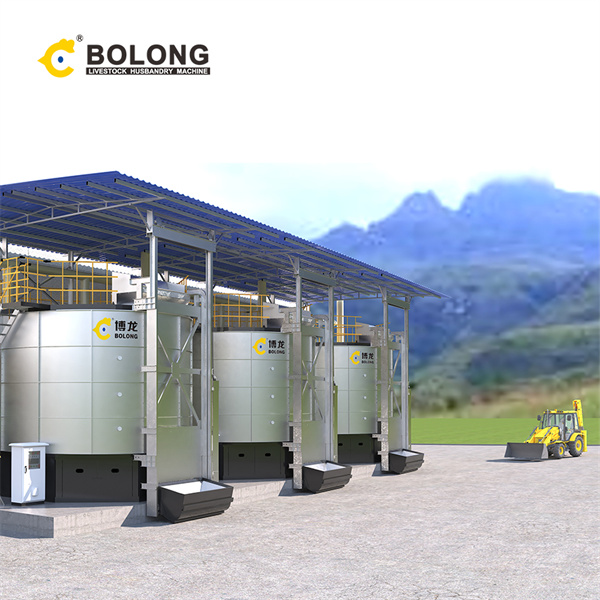
Reduction in Greenhouse Gas Emissions
Methane and Ammonia Reduction
Fermentation tanks help in breaking down organic waste efficiently, reducing the emission of harmful gases like methane and ammonia.
This reduction is crucial for lowering the overall greenhouse gas footprint of livestock farms.
Controlled Decomposition
The controlled environment within fermentation tanks ensures that decomposition occurs in an aerobic state, minimizing the production of methane, a potent greenhouse gas.
Odor Control and Air Quality Improvement
Ammonia Absorption
Advanced systems in fermentation tanks absorb ammonia, a primary source of odor in livestock farms.
This absorption significantly improves air quality, both within the farm and in surrounding areas.
Activated Carbon Filters
These filters trap and neutralize odor-causing compounds, further enhancing air quality and creating a more pleasant working environment for farm workers.
Efficient Waste Management and Nutrient Recycling
Conversion to Organic Fertilizer
Fermentation tanks convert livestock waste into high-quality organic fertilizer, promoting nutrient recycling.
This process not only reduces waste but also provides a valuable by-product that can enhance soil health.
Reduction in Waste Volume
The fermentation process significantly reduces the volume of waste, making it easier to manage and less likely to cause environmental contamination.
Soil and Water Conservation
Improved Soil Health
The organic fertilizer produced from fermentation tanks is rich in essential nutrients, which improves soil structure and fertility.
This results in healthier crops and reduced need for chemical fertilizers.
Prevention of Nutrient Runoff
By converting waste into stable organic matter, fermentation tanks prevent nutrient runoff into nearby water bodies.
This helps in protecting water quality and reducing the risk of eutrophication.
Contribution to Sustainable Agriculture
Resource Efficiency
Fermentation tanks promote efficient use of resources by recycling waste into valuable inputs for crop production.
This aligns with sustainable agricultural practices and reduces the reliance on synthetic inputs.
Compliance with Environmental Regulations
The use of fermentation tanks helps livestock farms meet stringent environmental regulations.
This compliance is crucial for maintaining operational licenses and avoiding fines or penalties.
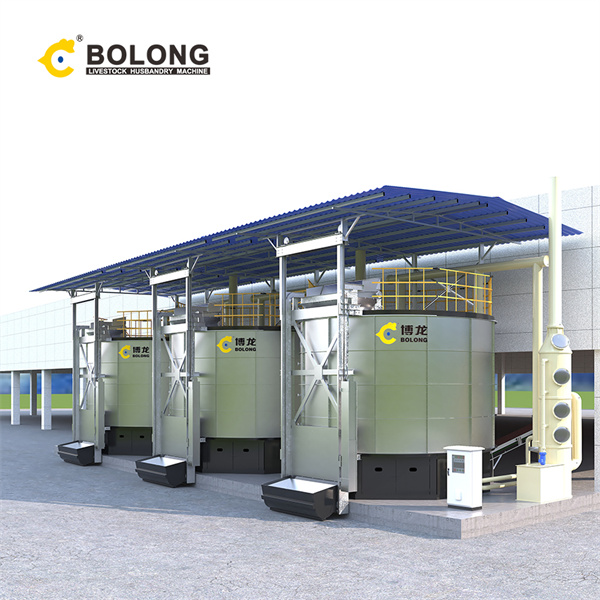
Conclusion
The environmental benefits of using fermentation tanks in livestock farming are substantial. From reducing greenhouse gas emissions and controlling odors to improving waste management and enhancing soil health, these tanks play a pivotal role in promoting sustainable agriculture. By adopting fermentation tanks, livestock farmers can significantly contribute to environmental conservation while also improving their operational efficiency and productivity.
-
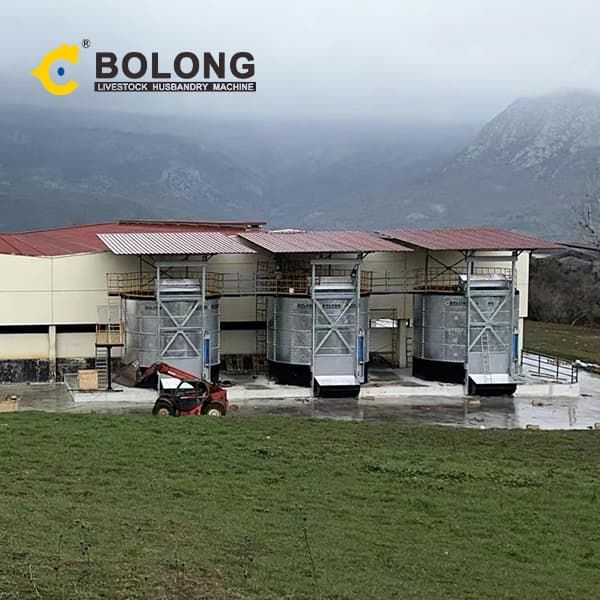 Long-lasting chicken poop compost system for sale25-04-10Composting Chicken Poop (Manure) - Acre Life Chicken Poop Compost to Plant Ready Fertilizer in Just 6 Days 2025年2月15日 · Transform your garden by converting chicken manure into nutrient-rich fe...
Long-lasting chicken poop compost system for sale25-04-10Composting Chicken Poop (Manure) - Acre Life Chicken Poop Compost to Plant Ready Fertilizer in Just 6 Days 2025年2月15日 · Transform your garden by converting chicken manure into nutrient-rich fe... -
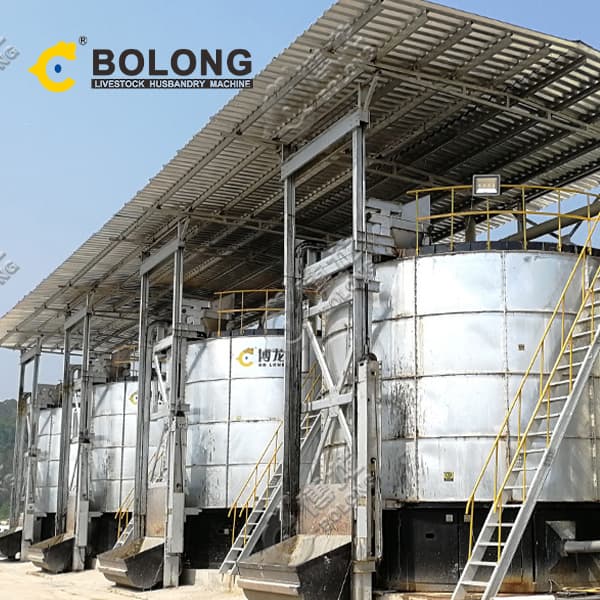 High-rated aerobic compost equipment25-04-10High-capacity aerobic compost equipment- Compost Fertilizer Aerobic Compost Machine High Temperature Fermentation tank Name:Organic Fertilizer Fermentation Tank;Raw Material:Stainless Steel;Functi...
High-rated aerobic compost equipment25-04-10High-capacity aerobic compost equipment- Compost Fertilizer Aerobic Compost Machine High Temperature Fermentation tank Name:Organic Fertilizer Fermentation Tank;Raw Material:Stainless Steel;Functi... -
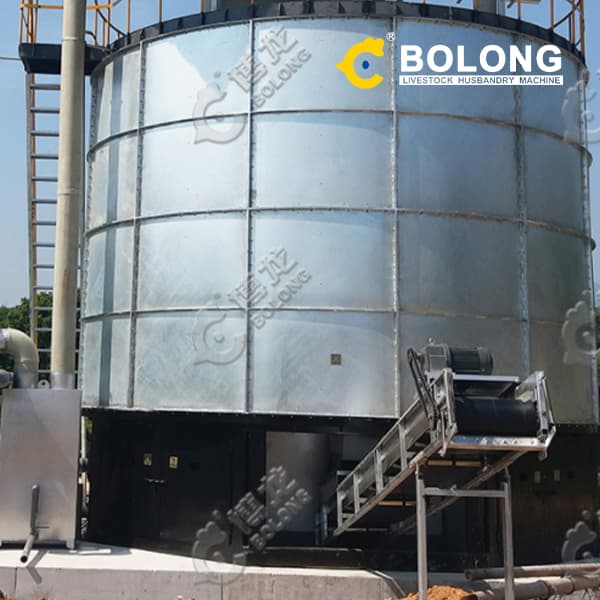 Low energy consumption aerobic composting machine price25-04-10Bio-Mate Composting Machine (BM 5000S) - Bio-Mate Aerobic Composting of Organic Solid Waste Compost Making Machine Aerobic composting of organic solid waste compost making machine chain plate com...
Low energy consumption aerobic composting machine price25-04-10Bio-Mate Composting Machine (BM 5000S) - Bio-Mate Aerobic Composting of Organic Solid Waste Compost Making Machine Aerobic composting of organic solid waste compost making machine chain plate com... -
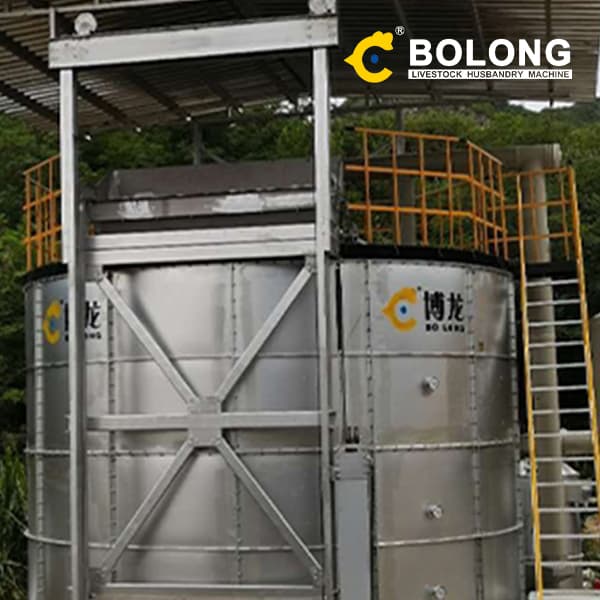 Innovative chicken poop compost system for sale25-04-10chicken poop compost tank with fast decomposition professional poultry manure fermentation tank- Compost Fertilizer The fresh chicken manure contains about 0.5% nitrogen, 0.5% phosphorus, 1.2% pota...
Innovative chicken poop compost system for sale25-04-10chicken poop compost tank with fast decomposition professional poultry manure fermentation tank- Compost Fertilizer The fresh chicken manure contains about 0.5% nitrogen, 0.5% phosphorus, 1.2% pota...